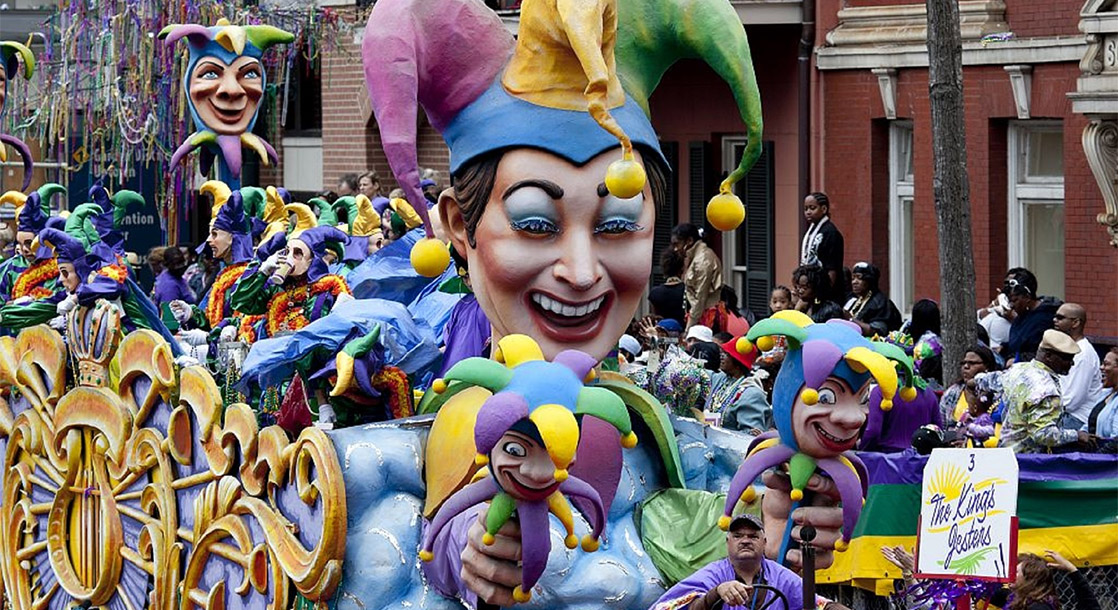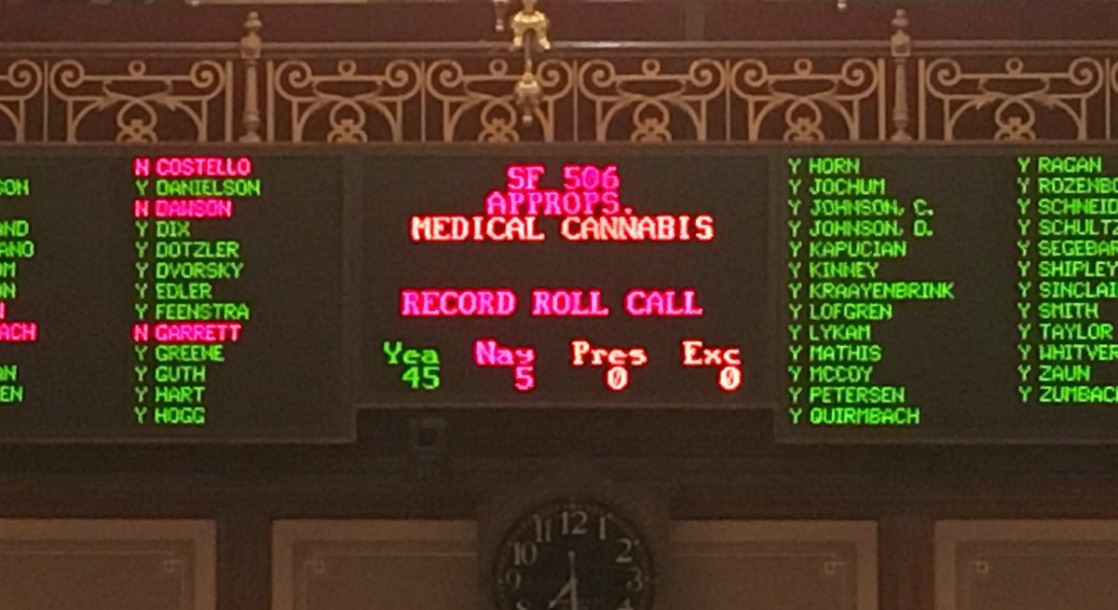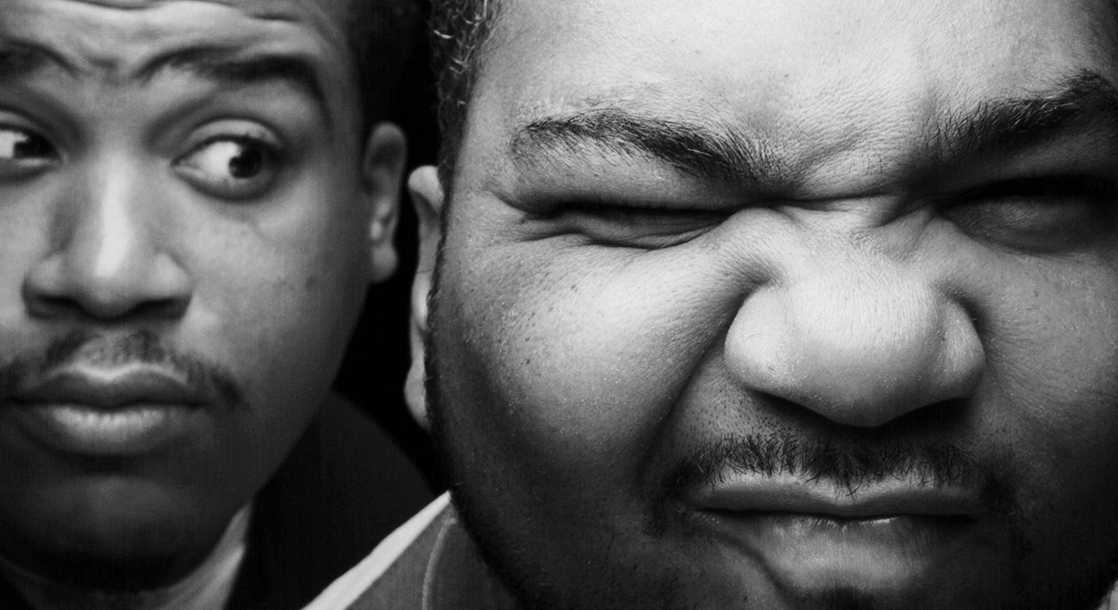Louisiana’s nine registered medical marijuana dispensaries are finally able to open their doors after four long years of delays. Last week, the state Department of Agriculture and Forestry announced that Louisiana’s first batch of medical marijuana products was approved by the state testing lab. These products are now cleared to be shipped to all licensed dispensaries, who are prepared to begin selling the products as soon as they receive them.
Despite its reputation as one of the most cannabis-unfriendly states in the nation, Louisiana was the first Deep South state to legalize cannabis for medical use. The state actually legalized medical marijuana back in 1978, but only for patients undergoing chemotherapy or suffering from glaucoma. In 1991, the state legislature passed a more comprehensive medical marijuana bill, which demanded that the state health department draft regulations for this new program by 1992.
It actually took until 2015 for the legislature to finally pass a comprehensive set of medical marijuana regulations. This law was strictly limited, with only ten qualifying conditions and a ban on all smokable forms of cannabis. The law authorized two state institutions – Louisiana State University (LSU) and Southern University — to begin researching and cultivating medical marijuana. However, the program was plagued by further delays, and it took until the summer of 2018 for these universities to finally plant their first seeds.
Now, at long last, GB Sciences, the cannabis business contracted by LSU to grow and produce its legal weed, is finally able to ship its first batch of cannabis products to dispensaries. “We are pleased to announce that LSU-GBSL’s final medical marijuana product has passed all testing and is cleared for immediate release to the medical marijuana pharmacies,” Louisiana Agriculture and Forestry Commissioner Mike Strain said in a statement reported by The Advocate.
Stores will only be selling a coconut oil-based tincture containing different concentrations of THC – for now. Edibles, topicals, and lotions are also legal in the state, but none of these products are yet available. Prices for a single 30mL bottle of medical cannabis tincture will range from $90 to $250, depending on the THC concentration. As in all other US states, health insurance will not cover the costs of these medicines.
Although the South’s first medical marijuana program has been off to a slow start, Louisiana’s lawmakers have passed a number of expansions to the program that should allow it to grow quickly. Last June, the state expanded its list of qualifying conditions to include PTSD, intractable pain, and other conditions commonly covered in other medical marijuana states.
This June, lawmakers legalized an inhalable form of medical cannabis, in the form of metered-dose inhalers similar to those used by asthma patients. The state’s two medical cannabis cultivators are still working to bring their first batches of cannabis oils to market, and it is unclear when they will be able to begin producing these new inhalers.
Despite all of the delays and restrictions, the fact that patients in the traditionally conservative Pelican State can now legally get access to medical marijuana is a major victory for the legalization movement.
“This has been a longtime coming,” said Jesse McCormick, executive director of the Louisiana Association for Therapeutic Alternatives, to The Advocate. “This is for all the patients, advocates, elected officials, two universities, department staff, employees, volunteers and anyone who took the risk to make this historic undertaking a reality. It is a great day for Louisiana. We couldn’t be more proud.”











